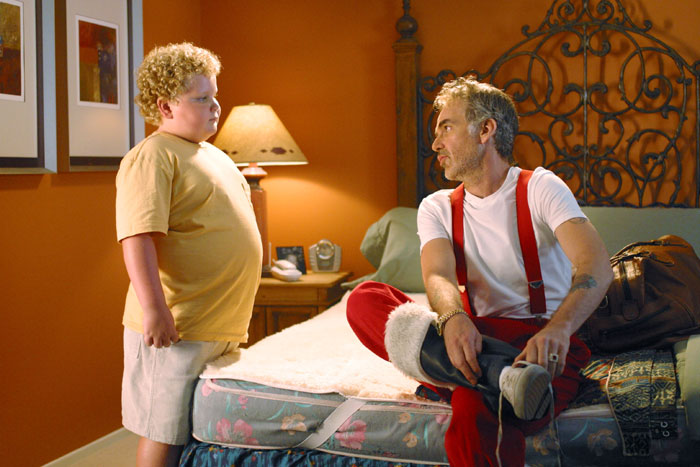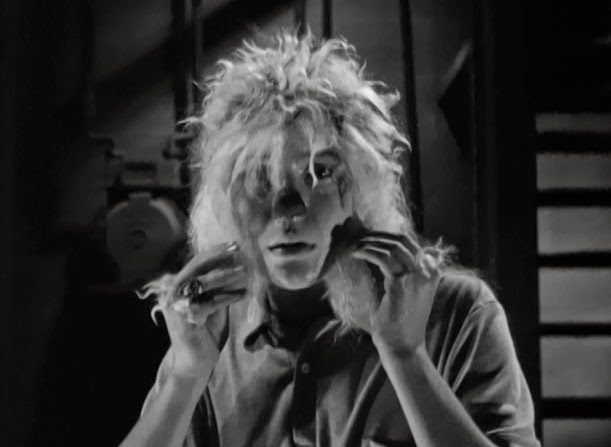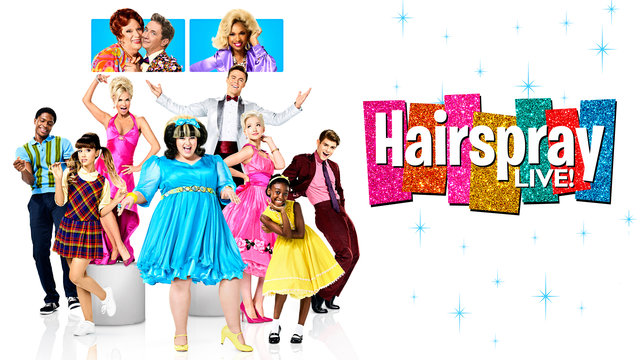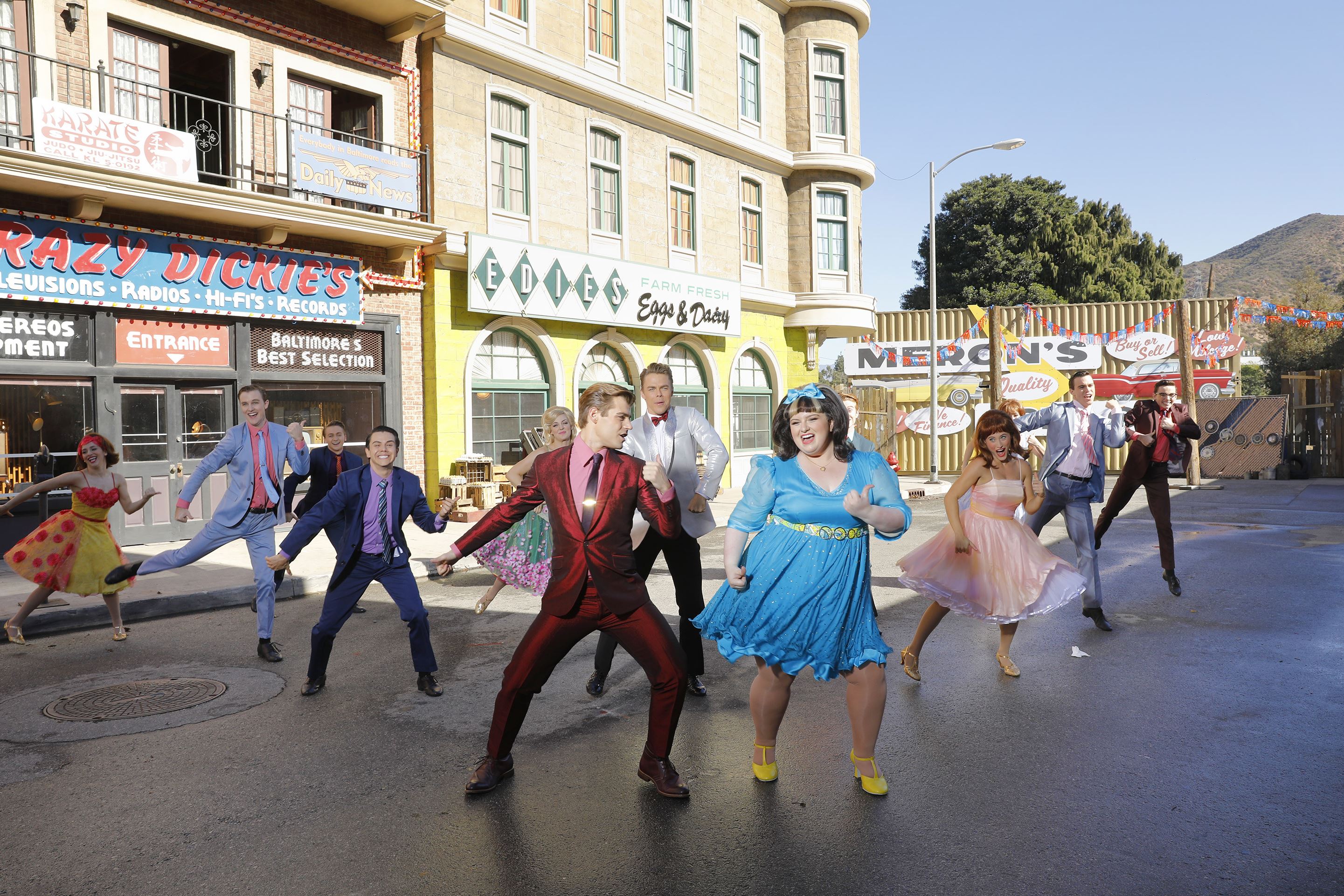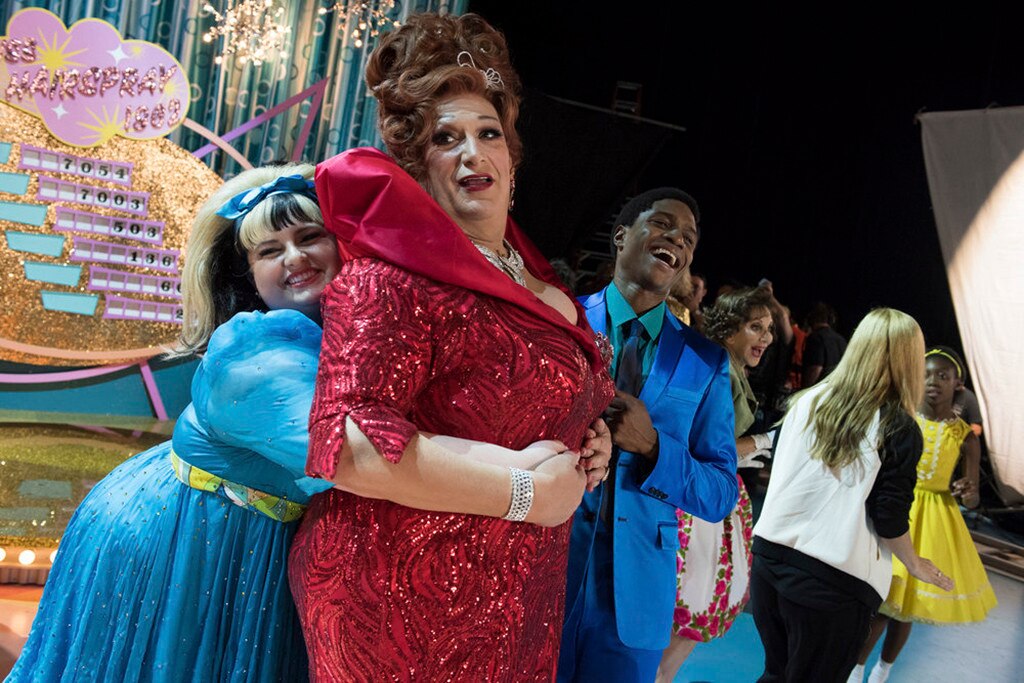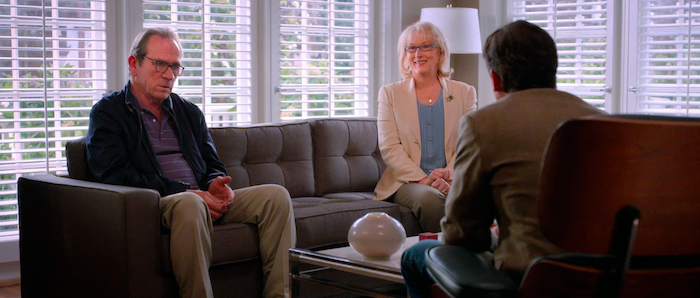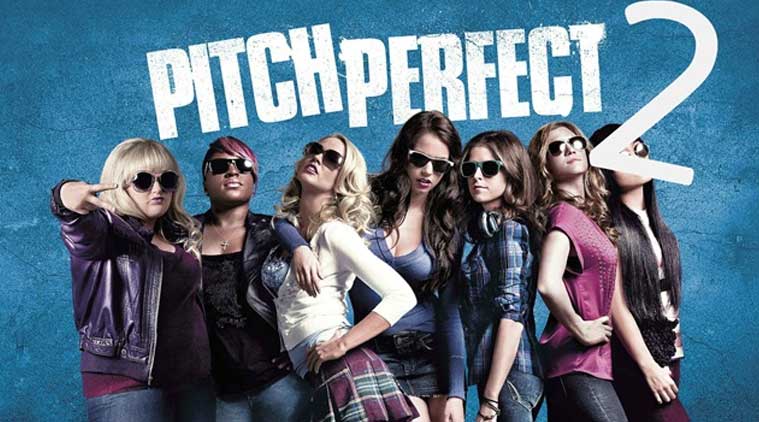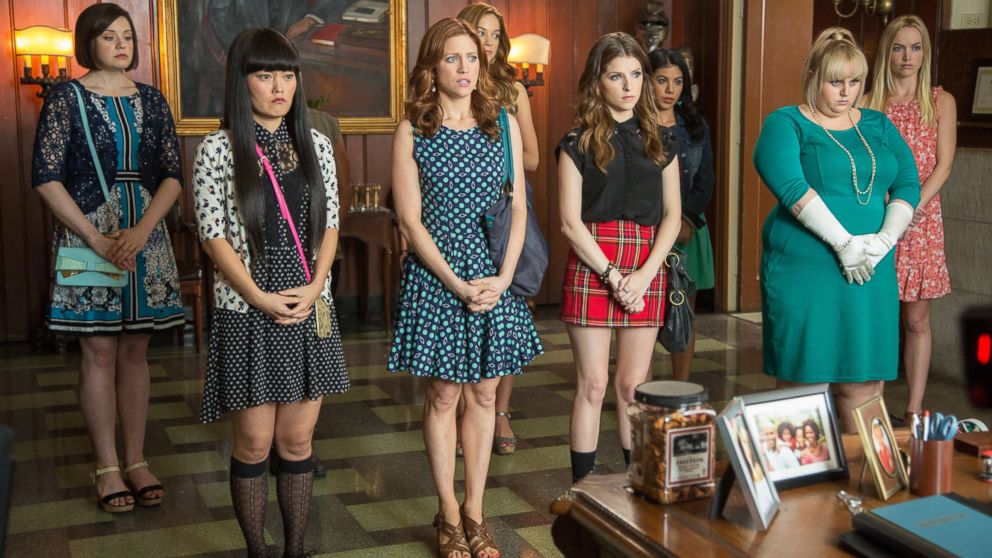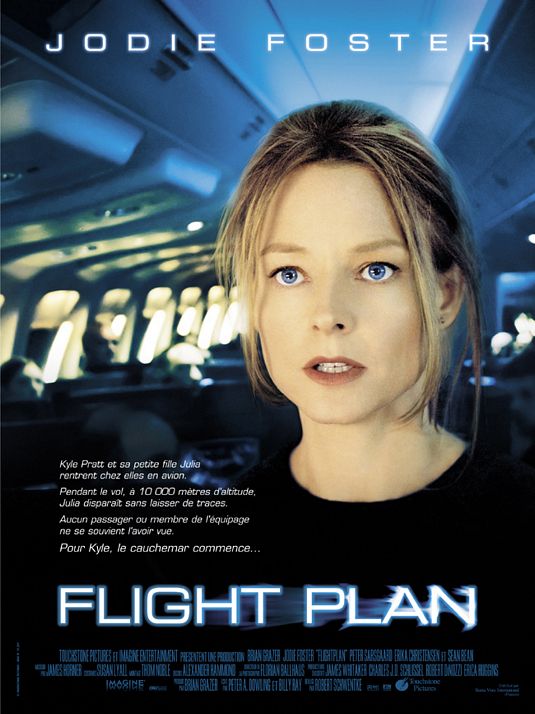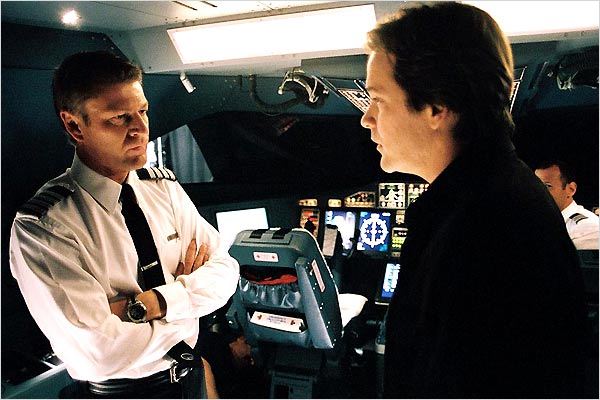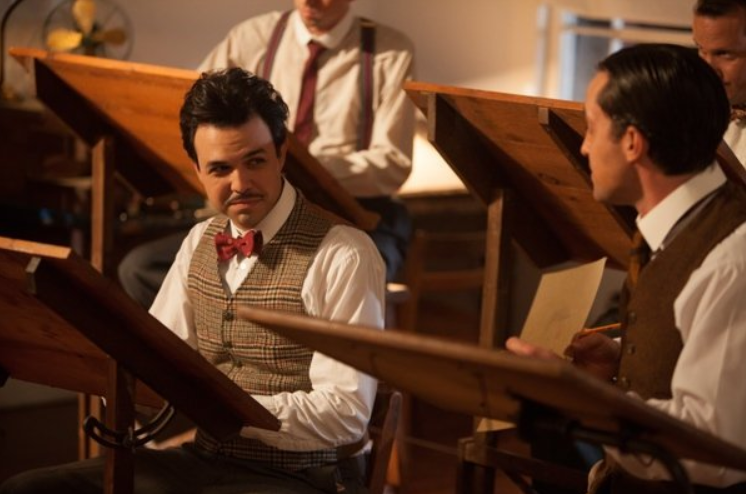CLAUDINE
A pair of lead performances by stars cast radically against type is the primary attraction to a 1974 comedy drama called
Claudine, that despite some dated plot elements and some cliched dialogue, provides some emotionally charged entertainment that sustains itself for the entire running time.
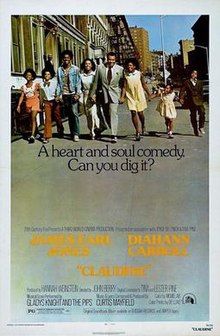
The film stars Diahann Carroll as Claudine Price, a twice-divorced mother of six living on welfare in a cramped, 4-room apartment and secretly working part-time as a maid. She has to keep it a secret in order to continue receiving her welfare benefits. Claudine is dealing with a very angry eldest son, an eldest daughter who is experimenting with alcohol and sex, a son who wants to drop out of school and is getting into gambling, and another son who is mute. Claudine's full plate gets even fuller when she finds herself tentatively entering a relationship with an utterly charming garbage man named Rupert "Roop" Jackson (James Earl Jones), who is also divorced with children but has had his eye on Claudine for awhile as the house where Claudine works as a maid is on his route.

As expected, Claudine's children are initially very resentful of Roop's presence in their mother's life but Roop eventually wins them over, but the realities of Claudine and Roop's individual lives begin to rear their ugly heads and damage what is beginning to happen between them. Claudine finds her life turned upside down because when she's with Roop, all she thinks about is the kids and when she's with the kids all she thinks about is Roop. Then there's government interference when the welfare people realize that Roop is trying to help Claudine, which welfare technically considers Claudine committing welfare fraud. Roop wants to marry Claudine, but that would reduce the benefits she receives and then when things couldn't get any messier, Roop is being sued for willful neglect of his own kids which manifests itself in the garnishing of his paycheck.
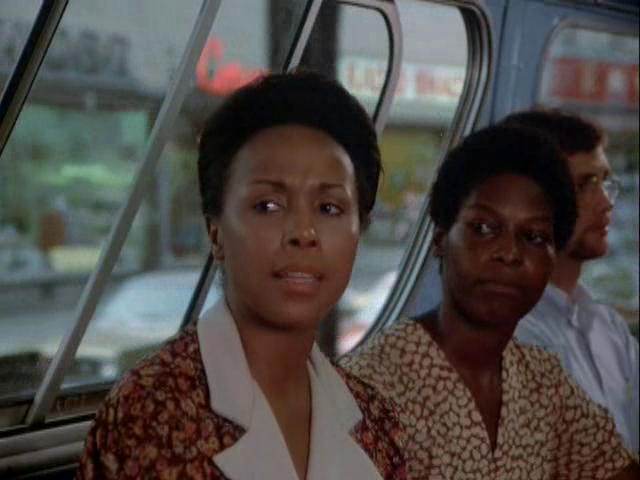
Screenwriters Lester and Tina Pine have constructed a complex story here that doesn't offer a lot of easy answers, but does provide a pretty realistic look at the welfare system during the 1970's and the often aggravating scratch for survival that was the norm for middle and lower class blacks that Norman Lear made light of on the sitcom
Good Times, but we get a little more realistic look at it here. It's not all completely serious though...I love when the family goes into "social worker" mode and start hiding everything in the house that the social worker is not supposed to know they have to avoid welfare fraud. The scene where Roop is caught in the middle of "social worker" mode had me on the floor.

Diahann Carroll, known primarily as a singer and fresh off her successful sitcom
Julia, raised a few eyebrows here, playing a character nothing like her onscreen persona, that actually earned the actress her only Oscar nomination. Carroll works hard to be convincing as a welfare mom, but I think the performance surprised people because, like Grace Kelly in
The Country Girl, Carroll actually appears onscreen without eye makeup. But the real pleasure from this film and the thing that kept me glued to the screen was the brilliant performance by Emmy and Tony winner James Earl Jones as Roop...Jones absolutely commands the screen and, like Carroll, is radically cast against type, playing a romantic leading man, foreign territory for this powerhouse actor whose charisma is almost sometimes too large to contain on a movie screen, but he nails this character, a 100-mega watt performance that made this entire movie worth investing in. Jones totally owns this movie without overpowering Carroll or anyone else, doing exactly what the screenplay requires of him but doing it to the nth degree. Mention should also be made of a young Lawrence Hilton-Jacobs as Claudine's eldest son and a terrific song score by Gladys Knight and the Pips, but if for no other reason, this movie is worth a look at the acting powerhouse that is James Earl Jones.
 , and A Face in the Crowd deserves it too. It's one of the few films like I liked more on a second viewing. Check it out if it comes back to TCM.
, and A Face in the Crowd deserves it too. It's one of the few films like I liked more on a second viewing. Check it out if it comes back to TCM.


